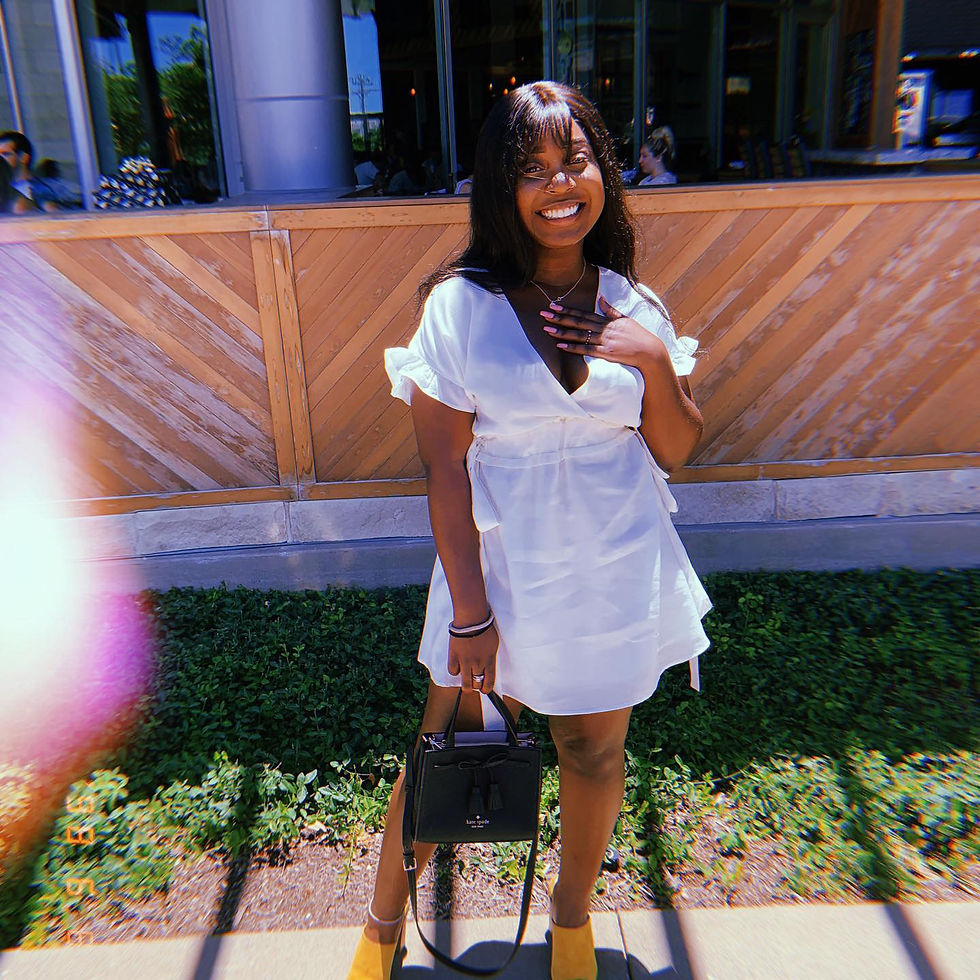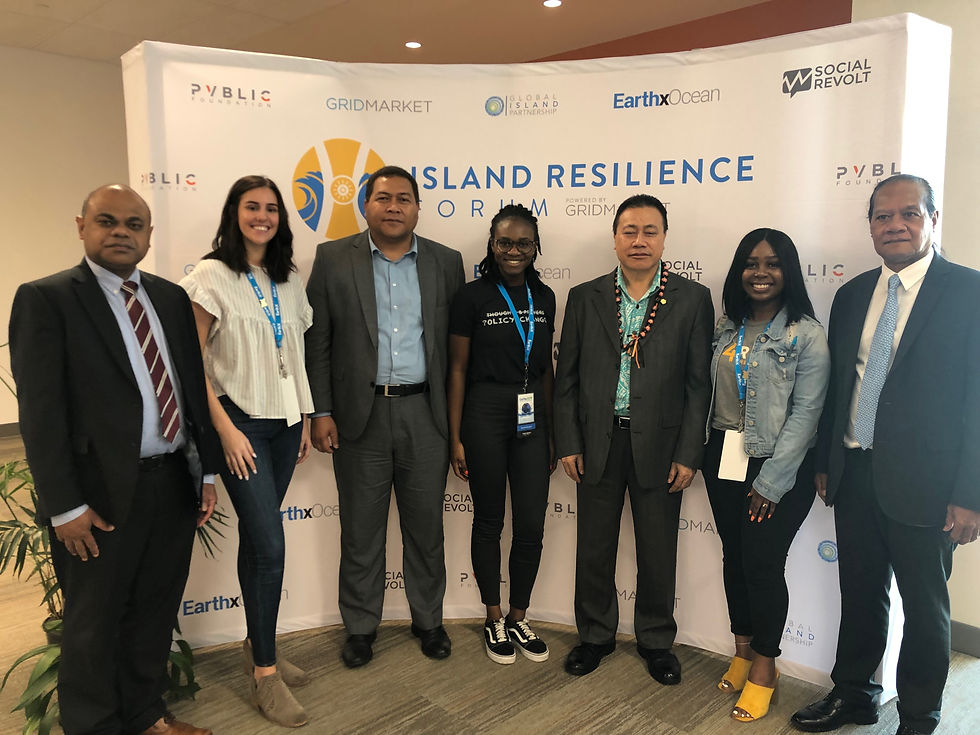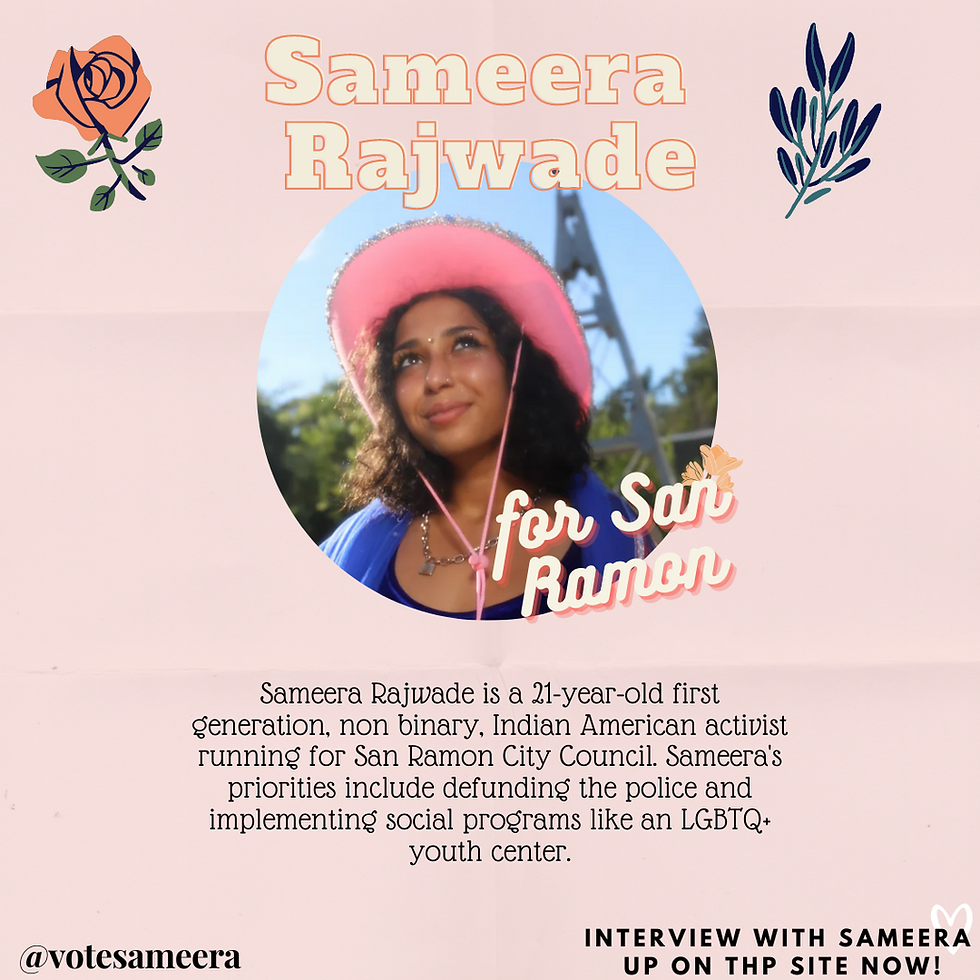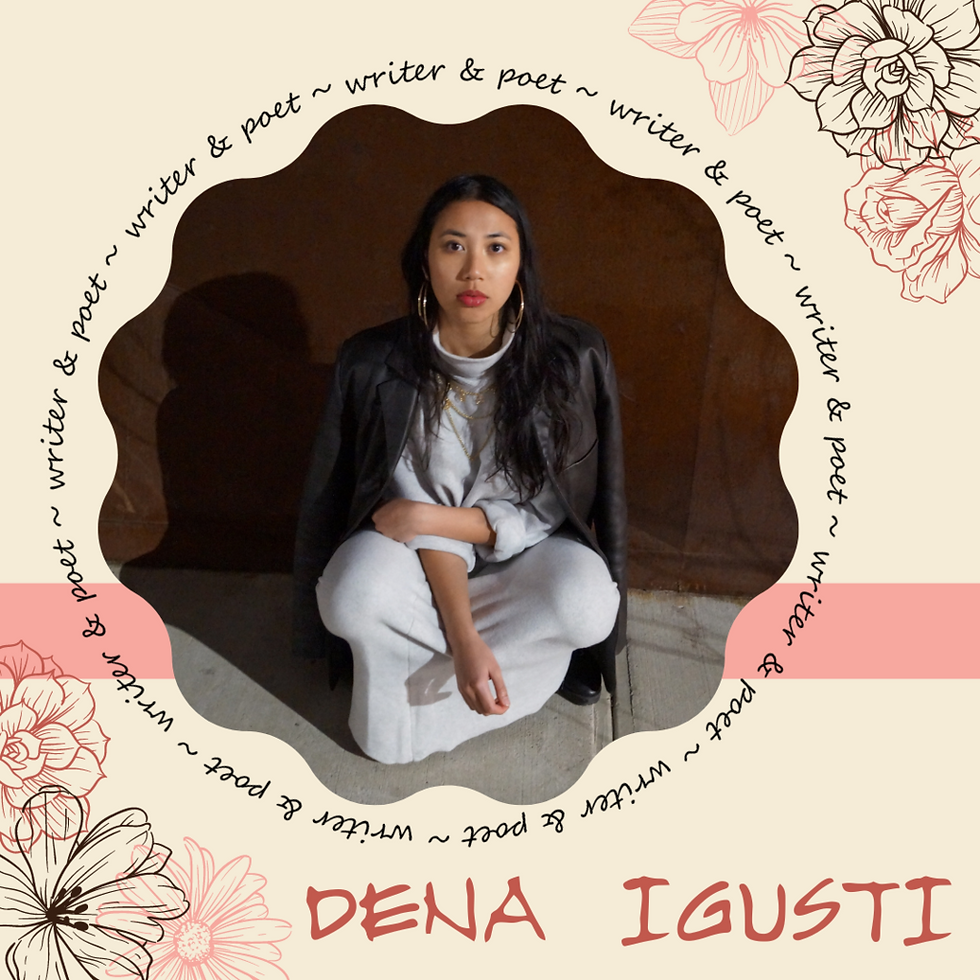Interview: As Told By Nyasha Magocha
- Aug 4, 2019
- 3 min read
Updated: Jun 23, 2020
Interview by Dulanda Saintcyr
The Homegirl Project had the pleasure to speak with Nyasha Magocha about her experiences in the world of activism.

DS: What are some fun facts about yourself? Who is Nyasha Magocha?
NM: I am from Zimbabwe. I came to the United States when I was 4. I lived in Michigan & Texas for most of my life. I obtained my United States citizenship in October 2018. I’m part of MFOL & an original student leader for studentsmarch_org. I was also a debater in high school.
DS: What made you want to become more involved as an activist? Where did it all begin?
NM: Debate camp in my junior year. The debate topic was whether the US government should curtail domestic surveillance. I went to a lecture about the FBI’s COINTELPRO operation which spied on and killed a few Civil Rights and Black Panther Party leaders. Meeting new people from different areas and hearing all of their stories really brought me out of the bubble I was living in.
DS: What are some issues you are the most passionate about?
NM: Gun violence awareness - not just for the middle class, affluent individuals but for the communities people hardly mention; sexual violence WOC experience and the lack of support they receive; and taxation on hygiene products, which makes it harder for those with a lower socioeconomic status to obtain access.
DS: Who or what inspires you?
NM: Angela Davis. She is such a powerful woman. She is the physical representation of empowerment and using your voice to amplify your voice and others. She will speak against the oppressors and those complacent.
DS: What is the greatest opportunity you’ve received as an activist within the past year?
NM: Being on the cover of TIME magazine in October 2018 on gun violence in the United States. That was such an amazing experience for me.
DS: I see you have @studentsmarch_org in your Instagram bio. Can you tell me a bit more about it?
NM: We are an organization that came out of MFOL and predominantly student-led. Our main goal is to give everyone a platform and be inclusive.

DS: What are some obstacles you face as a woman of color activist? How do you overcome them?
NM: My voice being invalidated. When a black woman speaks, it’s displayed as rage, but passion for a white woman. There are times when I’m not viewed as credible. I combat that by never giving up and knowing that at the end of the day that it’s not about what other people think about me but making change.
DS: Working to change the world must be exhausting at times. What do you do to keep yourself from getting burnt out or discouraged?
NM: I read and write my thoughts in a journal. There’s also a park I like to go to with a stream, where I have my “spot”. I also enjoy poetry and watching reality TV shows.
DS: How does “female empowerment” impact you personally?
NM: It motivates me. It makes me happy and brings inner joy. Seeing a woman owning her stuff makes me happy. It motivates me to do better. For example, seeing the work Bria Smith does at a young age is so inspiring.
DS: If there was one aspect of activism you could change, what would it be and why?
NM: The clout aspect. We live in an age where if you’re not getting clout, your activism doesn’t matter. Activism was never about that, and shouldn’t be.
DS: What is one piece of advice you would like to share with other activists of color?
NM: Don’t let anyone invalidate you. Continue to do your work, always.




Comments